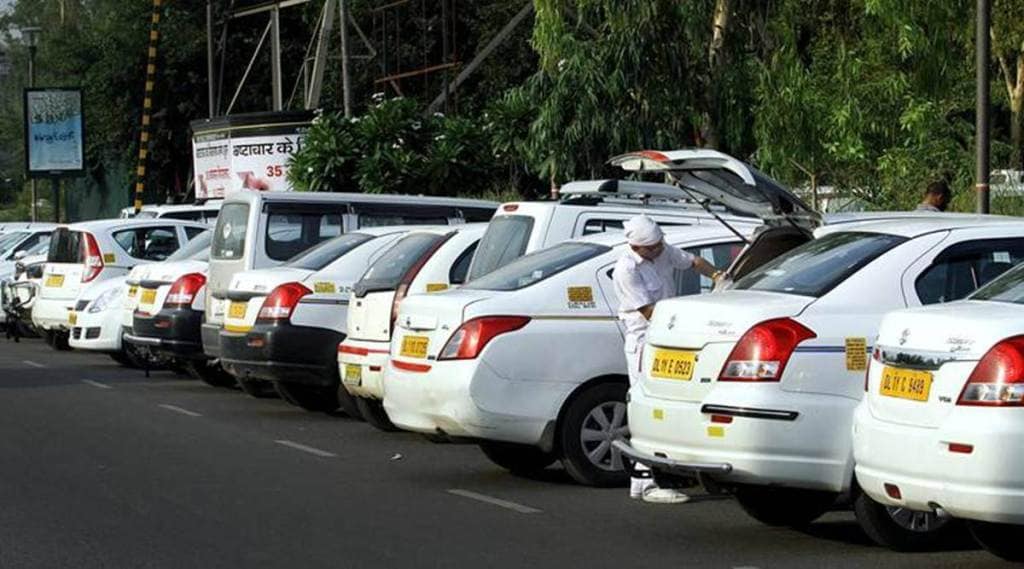The ministry of road transport and highways (MoRTH) on Friday issued guidelines aimed at bringing cab aggregators like Ola and Uber under a regulatory framework, which among other things, has fixed a ceiling for surge pricing. The guidelines stipulate that surge pricing can’t be more than 1.5 times the base fare. The aggregators are also free to charge 50% lower than the base fare. The city taxi fare indexed by WPI for the current year has been fixed as the base fare. Currently, there’s no cap on surge pricing and cabs operating under the aggregator model charge twice, thrice and sometimes (during festivities) even four times the base fare.
Further, driver of a vehicle integrated with the aggregator shall receive at least 80% of the fare applicable on each ride and the remaining charges for each ride shall be received by the aggregator. “The state government may by way of a notification direct 2% over and above the fare towards the state exchequer for amenities and programmes related for aggregator operated vehicles, which have been helpful in reducing traffic congestion to a great extent and subsequently reducing pollution,” the guidelines stated.
Since Motor Vehicles Act falls in the concurrent list, which means both Centre and the states can frame rules under it, the MoRTH has written to all the state governments, drawing attention to the provision of Section 36 of the Motor Vehicles (Amendment) Act, 2019 which provides for the amendment of section 93 of the Motor Vehicles Act, 1988 relating to the Motor Vehicle Aggregator Guidelines. The amended provision provides that “while issuing the licence to an aggregator the state government may follow such guidelines as may be issued by the Central Government”.
Under the guidelines, cancellation of bookings by both drivers and riders will attract a penalty of 10% of the total fare not exceeding Rs 100. The new rules also allow female passengers availing ride pooling services the option to pool only with other female passengers. According to the guidelines, the aggregators have to ensure that the data generated on their apps is stored on a server in India and that such stored data shall be for a minimum of three months and maximum of 24 months from the date on which such data is generated. Aggregators, however, cannot disclose any customer data without their written consent.
Among other key provisions, the guidelines empower authorities to suspend an aggregator’s licence if there exists a “systemic failure by the aggregator to ensure safety of the rider and/or the driver, repetitive instances of financial inconsistencies with regard to the fares charged to riders, unjustified imposition of surge pricing, non-compliance with the proportionate division of fares between the drivers and the aggregator, unsubstantiated imposition of charges on the drivers”. The guidelines will also ensure compliance with regard to vehicles and drivers, aggregator app and website and evolving concepts like pooling and ride-sharing in private cars, the ministry said in a release.
